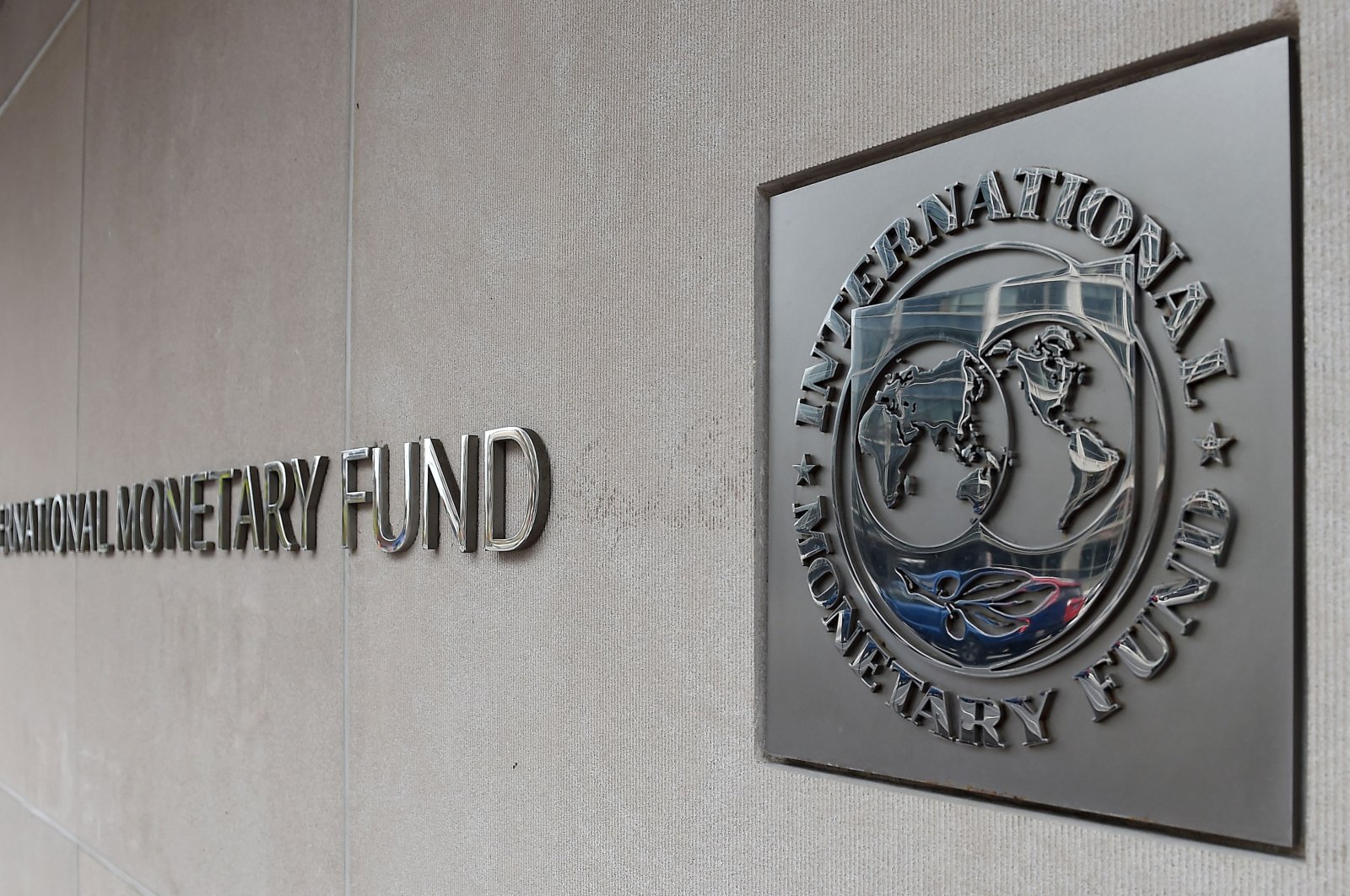Gambiaj.com – (DAKAR, Senegal) – The International Monetary Fund (IMF) has welcomed the Senegalese government’s efforts to improve tax revenue mobilization and reduce dependence on external financing. However, this recognition does not dispel the IMF’s concerns regarding the falsified debt declarations revealed by Prime Minister Ousmane Sonko.
Senegal has been facing a financial credibility crisis since the current administration exposed the scale of falsifications carried out under the previous regime: between 2019 and 2024, several billion dollars in debt were allegedly concealed. This scandal led to the suspension of the $1.8 billion program agreed upon with the IMF, with no disbursement made for the past year.
The revelation of understated debt levels has also rattled markets, causing Senegal’s dollar bonds to drop 7.3% this year — the worst performance among African sovereign bonds, according to JPMorgan.
In comparison, other African bonds have gained an average of 3%, while Angola, the second-worst performer, is down only 1.5%.
In this context, Prime Minister Ousmane Sonko’s recent statements that Senegal has proven its ability to manage its finances without external aid reflect a political determination to break with the opaque practices of the past. The Prime Minister reaffirmed the government’s commitment to broaden the tax base to fund public spending through domestic resources, thus avoiding tax hikes.
Yet the IMF, while supporting these fiscal measures, remains cautious. A spokesperson clearly stated that the initiative to strengthen tax compliance “has no direct impact on the ongoing process to resolve the case of falsified debt declarations.”
This caution from the IMF underscores a key point: budget transparency and reliable economic data are essential prerequisites for any future support. Although the Fund has reiterated its willingness to reach an “acceptable resolution of this falsification case as soon as possible,” the damage is already apparent.
Investor confidence has eroded, and Senegalese dollar-denominated sovereign bonds are now among the worst-performing in Africa this year.
In the absence of IMF disbursements, Senegal has turned to the regional debt market, issuing a 405 billion CFA franc ($709 million) bond in April — a move that has drawn criticism from the opposition, which is demanding clarity on the country’s true financial situation since the new regime took over.
In the end, while the fiscal reforms undertaken by Senegal are a step in the right direction, they alone are not enough to restore the country’s economic credibility. A comprehensive and transparent resolution of the falsified debt declarations remains key to convincing both the IMF and the markets of Senegal’s long-term fiscal sustainability.










